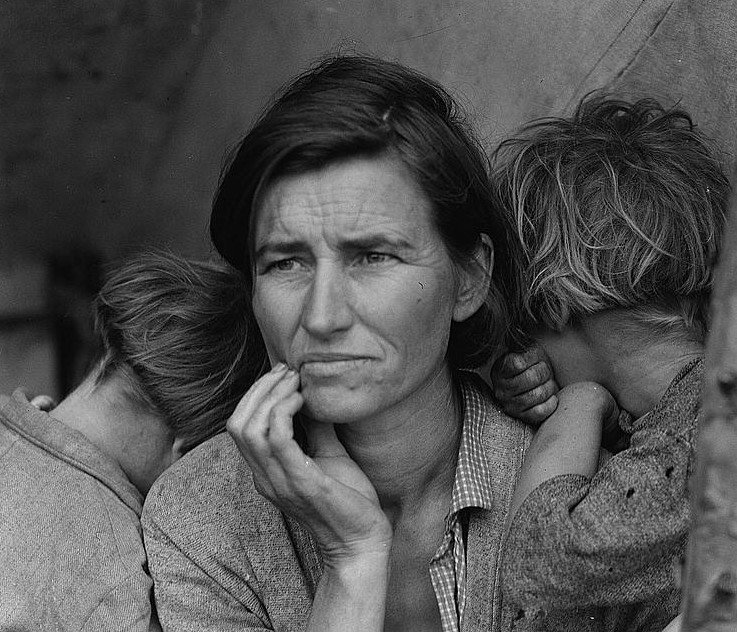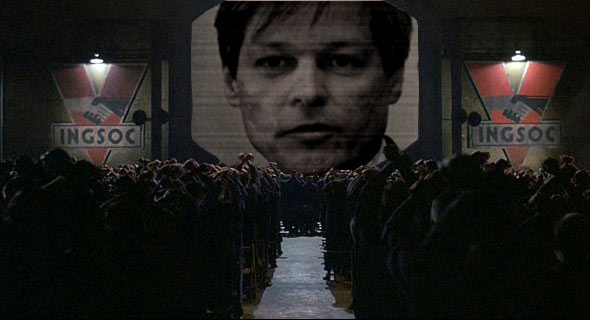RuDI stands for “Rural Development Impacts” and is a consortium of 10 research institutes that has taken an in-depth look at the second pillar of the CAP, examining the rural development programs in all member states and conducting 20 case studies. In addition to calling for more effective use of policy evaluation and bottom-up processes (LEADER), they take issue with the excessive concentration of rural development on agriculture and insufficient integration with other regional policies.
They observe – and endorse – an emerging “new rural paradigm” which
… Read the restis based on the notion of the multifunctionality of rural areas, where various sectors beyond agriculture are acknowledged to play a key role with regard to rural areas’ competitiveness, and where investments across sectors are considered to be a more appropriate tool than farm subsidies alone.




